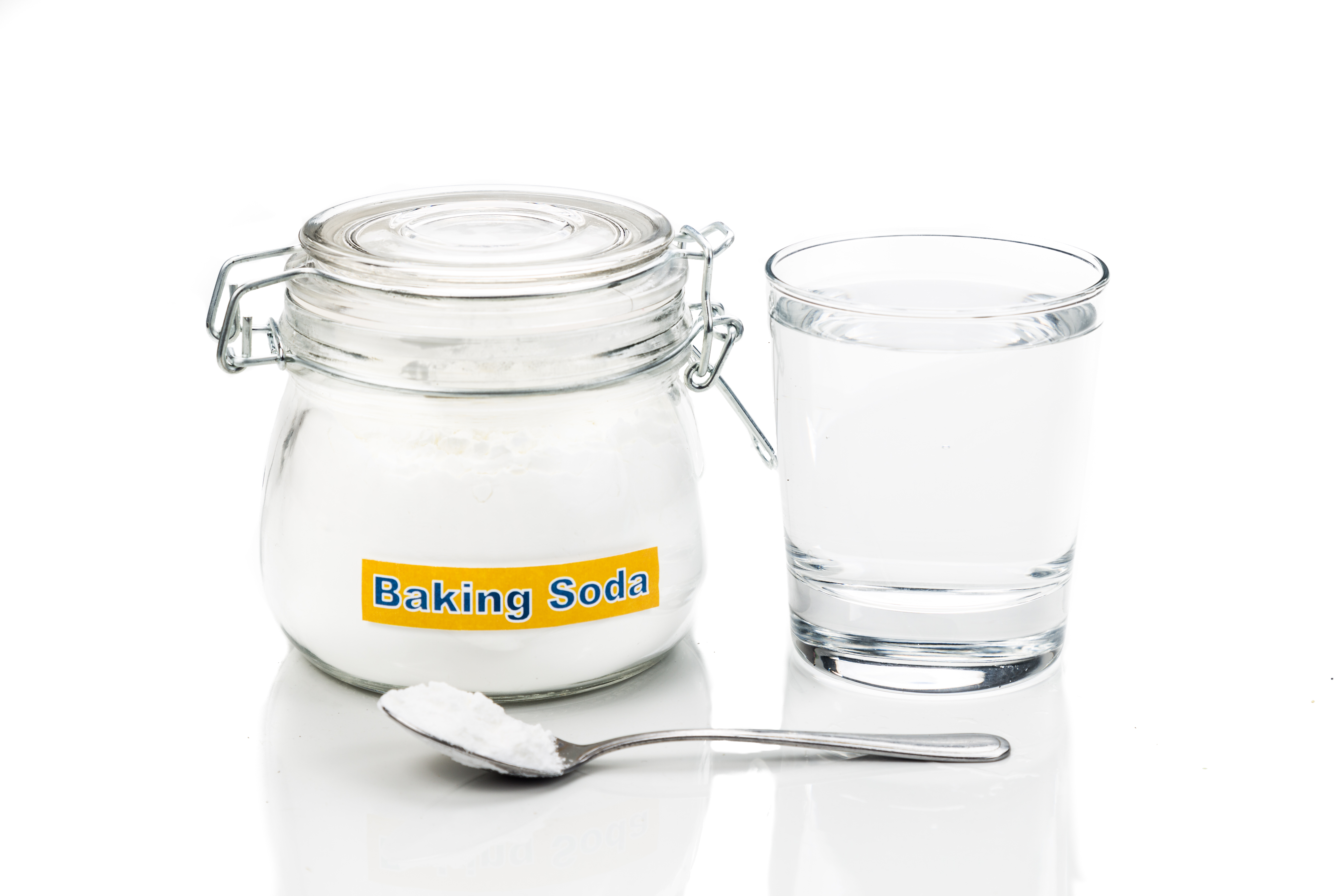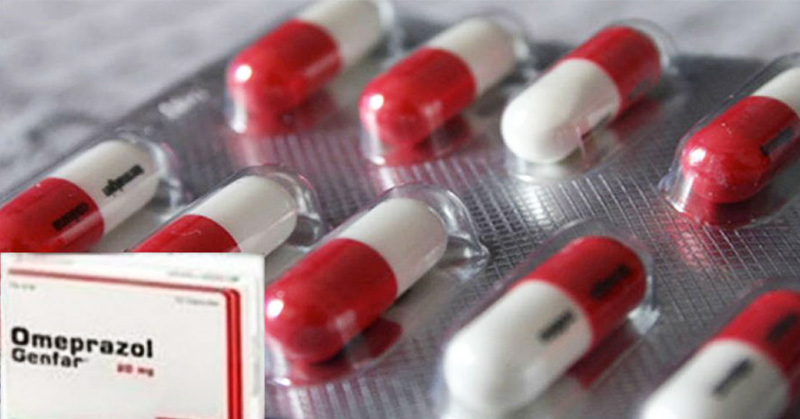For anyone who has experienced heartburn, or gastroesophageal reflux disease (GERD), they would likely vouch for how excruciating it can be. Moreover, they would probably mention how crucial but hard it is to find relief. For many, this relief comes from medication. However, a 2017 study conducted by researchers at Washington University of Medicine found that proton pump inhibitor (PPI) use raised the risk of death.
The following PPIs were included in the study: omeprazole (brand names such: Zegerid, Prilosec OTC, Zegerid OTC, and OmePPi), esomeprazole (Nexium, Nexium IV, Nexium 24HR, and Nexium Packet), lansoprazole (Prevacid, Heartburn Treatment 24 Hour, Prevacid SoluTab, and Prevacid 24Hr), pantoprazole (Protonix) and rabeprazole (AcipHex).
Can PPIs Really Increase Risk of Death?
In his study, lead researcher Dr. Ziyad Al Ayi said something alarming:
“If 500 patients took the medication for about a year, then there would be one excess death that could be attributed to using this class of medication called PPI.”
What’s most concerning isn’t just the fact that millions of North Americans are regularly using proton pump inhibitors, but an estimated 50 to 69% of patients are inappropriately prescribed PPIs (read more at CBC news).
However, this is not the first research study that has called into question the prescription of PPIs containing ingredients such as omeprazole. A 2015 study published in the Journal of the American Medical Association found that proton pump inhibitors, a common drug for reducing severe indigestion problems, can actually lead to long-term kidney damage.
Other drugs that contain omeprazole are Losec and Nexium, and researchers say they are causing a silent disease, which slowly deteriorates your kidneys.
Proton Pump Inhibitors Like Omeprazole Have Long-Term Consequences
Heartburn is a deceptive name because the burning sensation starts in the stomach, however, we often feel the pain in the chest area (hence HEART-burn!). The sensation of pain can stem from excess stomach acid that moves through the lower esophageal sphincter (LES) and up into the bottom of the esophagus. Many common foods can cause or worsen indigestion, often leading sufferers to reach for pain relief from the excessive acid and inflammation.
PPIs are valuable for people with gastrointestinal bleeding and other severe damage to their digestive system to stop the production of acid. PPIs stop production at the source to prevent the acid from irritating more critical issues. However, about 40% of users move to PPIs before trying alternative methods of acid reduction.
Using PPIs when unnecessary is dangerous. A study done by Pradeep Arora found out that 24.4% of CKD patients out of a 76,462 person sample size was taking PPIs, illustrating how a disproportionate amount of victims of CKD have used PPIs. A study from CMAJ open involving 290,000 people above the age of 65 found that individuals who used PPIs regularly over a long period were more than twice as likely to have kidney failure. Kidney’s struggle to filter PPIs, get damaged as a result and, in severe cases, can increase your risk of death.
A recent study, by Yan Xie, discovered that Acute Kidney Injury (AKI) is not necessarily a precursor to chronic kidney disease (CDK). Acute kidney injury would indicate early on that the kidneys are working too hard. Without any warning signs, CKD can occur before it’s too late to recover.
Furthermore, PPIs do not address a common bacterial cause of heartburn called H. pylori. H. pylori eat at your stomach lining and PPIs only mask the symptoms — not treating the cause of the issue. It’s important to take care of this bacteria with antibiotics as instructed by a doctor. Thankfully though, heartburn is the result of a few simple things happening in your stomach that can be dealt with naturally without damaging the rest of your body.
3 Common Symptoms of Heartburn
It’s obvious when you have heartburn. You will feel:
- Burning in your chest and throat
- Feeling an object in your chest or throat.
- After prolonged heartburn, you may have a chronic cough, sore throat, or hoarseness.
8 Simple Ways to Relieve Heartburn (and Acid Reflux)
The damaging side effects of PPIs is an unnecessary burden to relieve heartburn symptoms. That’s why it’s important to understand that there are natural ways to defeat and prevent heartburn. It helps to know your triggers — including diet and lifestyle factors — so you can avoid taking unnecessary medications.
Common Heartburn Triggers:
We often experience pain, because of our actions, you break an arm when you fall, you bruise when you’re hit, and when we eat certain foods, we get indigestion.
Some of these triggers include:
- Spicy Food doesn’t only create a burning sensation in our mouth but will create discomfort in our stomach and esophagus if already sensitive to heartburn.
- Dairy products are basic foods (opposite of acidic) but take a lot of acid to digest, in a way, you are encouraging your body to produce acid and giving yourself heartburn.
- Carbonated Drinks can perpetuate indigestion. The carbonation disrupts the stomach, creating an acidic response.
- Caffeine in coffee, soda, and tea relaxes your lower esophagus sphincter letting acid into your throat.
- Fruit is acidic and can cause indigestion when eating them on an empty stomach.
Lifestyle
- Avoid tight clothing: Surprisingly, what your wear on the outside does have something to do with the inside. Tight clothing can press on your lower esophageal sphincter (LES) or your stomach, pushing acid up your esophagus, giving you that burning feeling.
- Smoking and Drinking Alcohol: As if you needed another reason to quit these addictive yet destructive activities, these activities cause your LES to loosen, making it easy for acid in your stomach to escape into your esophagus. Learn some easy ways to quit here.
- Sleeping differently: Elevate your upper body, using gravity to keep acid in your gut. Tilt your mattress by throwing some books under the legs of your bed, or use an extra pillow to elevate your head. Also, don’t eat before bed, leave a few hours for food to digest and to let the acid to recede.
- Eat slowly and periodically gives your body a chance to digest the food slowly. When you eat too much at once, the stomach overreacts producing a lot of acids which moves up your esophagus giving you heartburn.
Eat Strategically

These are a few things to look for next time you go shopping, but there are many other natural ways to relieve heartburn.
- Bananas are a basic food, which means they are good at neutralizing the acid in your stomach.
- Apple Cider Vinegar, while putting more acid in your body is counter-intuitive, some people get acid reflux from too little acid and introducing foreign acid can calm this response.
- Baking Soda and Water is a straightforward and kind of gross way to neutralize the acid in your stomach, but it will work. Add a tablespoon of baking soda to no more than a cup of water, then drink up.
- Chewable Deglycyrrhizinated licorice (DGL) is a natural and effective way to reduce acid by stimulating the glands that produce mucus. Mucus is a good way to dilute the acid in your system. One study also found that licorice root fluid extract removed 22 percent of patient’s ulcers and improved 90% of them, illustrating its anti-inflammatory qualities.
Conclusion
With a little detective work and careful monitoring, heartburn can often be managed naturally without the need for medications. Heartburn is a natural consequence of the way we live, and the foods we eat. Therefore, we should find natural ways to cope with it, before jumping to medications our kidneys struggle with. It’s always a good idea to work with a naturopathic doctor or your healthcare practitioner to help if you are having a hard time finding out what your triggers are!
Sources
- [ii] 6. ‘Smothering the fire’ of heartburn shouldn’t focus on drugs. CBC News. 2017. Available at: https://www.cbc.ca/news/health/proton-pump-inhibitors-1.3458585. Accessed March 1, 2017.
- [iii] Arora P, Gupta A, Golzy M et al. Proton pump inhibitors are associated with increased risk of development of chronic kidney disease. BMC Nephrology. 2016;17(1). doi:10.1186/s12882-016-0325-4.
- [iv]Antoniou T, Macdonald E, Hollands S et al. Proton pump inhibitors and the risk of acute kidney injury in older patients: a population-based cohort study. CMAJ Open. 2015;3(2):E166-E171. doi:10.9778/cmajo.20140074.
- [v] 7. Xie Y, Bowe B, Li T, Xian H, Yan Y, Al-Aly Z. Long-term kidney outcomes among users of proton pump inhibitors without intervening acute kidney injury. KidneyInternationalorg. 2017. Available at: https://www.kidney-international.org/article/S0085-2538(17)30005-4/fulltext. Accessed March 1, 2017.
- [vi] 1. Pursglove A. How your control pants can give you heartburn. Mail Online. 2017. Available at: https://www.dailymail.co.uk/femail/article-2552529/How-control-pants-heartburn-not-mention-problems-varicose-veins-killer-blood-clots.html. Accessed March 1, 2017.
- [vii] 2. McDermott A. Can You Use Apple Cider Vinegar to Treat Acid Reflux?. Healthline. 2017. Available at: https://www.healthline.com/health/digestive-health/apple-cider-vinegar-for-acid-reflux#Overview1. Accessed March 1, 2017.
- [viii] 9. Silver N. Can You Use Deglycyrrhizinated Licorice (DGL) to Treat Acid Reflux?. Healthline. 2017. Available at: https://www.healthline.com/health/digestive-health/dgl-for-acid-reflux#Benefits2. Accessed March 3, 2017.
- https://bmjopen.bmj.com/content/7/6/e015735

